Projects
Overview of Research and Industry Engagements
The Institute has delivered numerous national and international research projects, as well as a substantial portfolio of industry-oriented projects.Below are some of our completed projects.
Do you remember it? (DYRI)
ISOGKP is developing a new way of collecting earthquake data. A key assumption of the technique is that the memories of people who survived catastrophic earthquakes are never erased. Data from the DYRI can provide valuable information about characteristics of past catastrophic earthquakes, and building damage, as well as how rational those who experienced those earthquakes were.
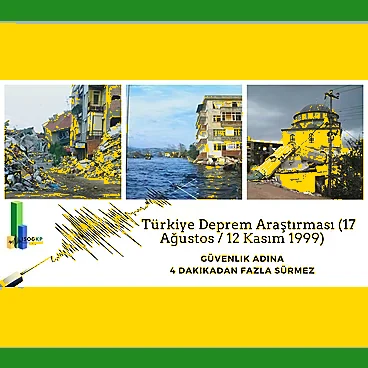
1999 İzmit (Kocaeli) earthquake
Pamphlet for the earthquake questionnaire.
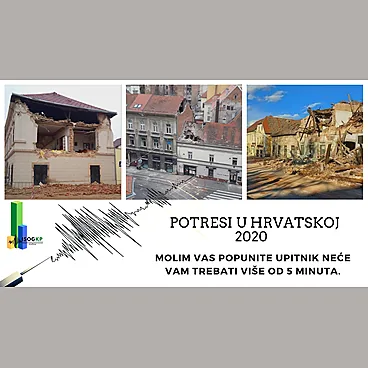
Croatia Earthquakes 2020
The questionnaire will help us understand how aware people are of earthquakes.
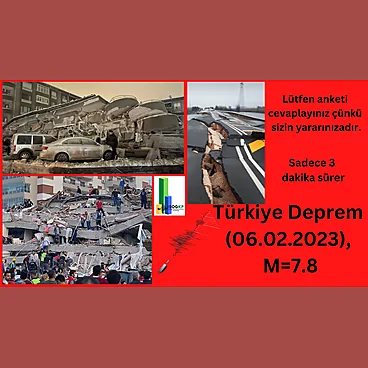
The 2023 Turkey–Syria earthquake (Mw 7.8)
To understand the survivors’ perceptions of such a strong earthquake.
Belasica Bridge fire
presented a critical challenge in assessing the structural integrity of a prestressed concrete bridge after a high-temperature event. This study outlines the methodologies employed to evaluate fire-induced damage and determine the need for structural rehabilitation. Comprehensive approaches, including visual inspections, non-destructive testing, destructive testing, and load testing, were employed in conjunction with advanced finite element modelling to simulate both pre- and post-fire conditions.
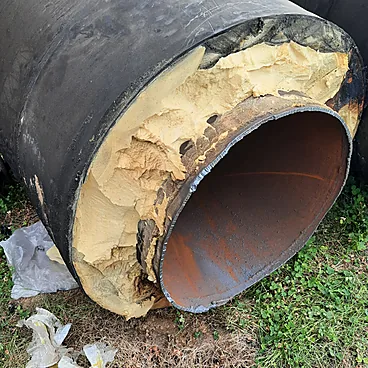
Polyurethane foam & polyethylene
Pipe segment with insulation material that ignited during the fire.
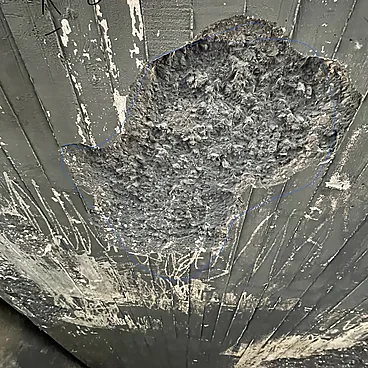
Spalling
Concrete spalling from the underside (soffit) of the box slab.
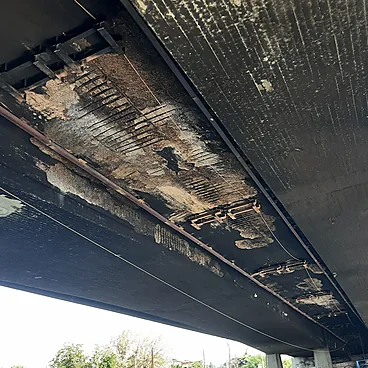
Damage
to the connecting slab and the vertical ribs of the box girders.
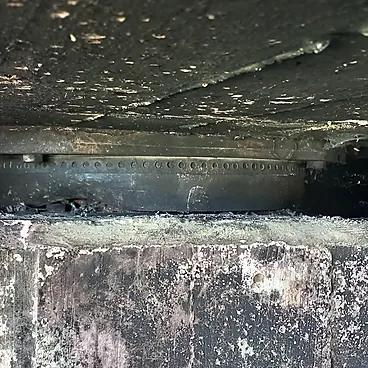
Bearing type NeotopF
Only parts of the rubber skirts had burned, which implies that the bearings were not exposed to prolonged flame.
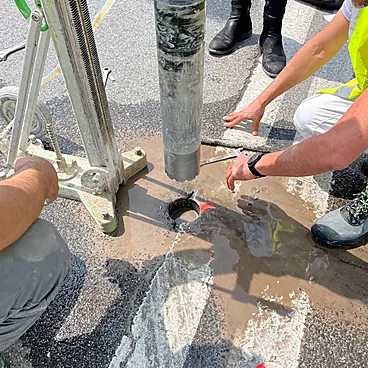
Core extraction
Five cores were successfully extracted from the most damaged parts of the concrete slab.
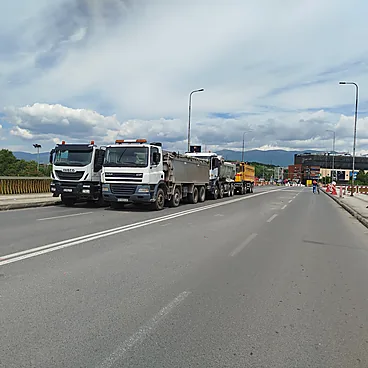
Trial load test with moving vehicles
Asymmetric loading combination.
Post-fire structural integrity assessment of the Universal Hall Skopje
During the final stages of reconstruction works at the Universal Hall in Skopje, a fire broke out in the remnants of the old roof structure. Estimates based on visual damage patterns, deformation of certain profiles, and the known combustion characteristics of the residual materials suggest that maximum steel surface temperatures in the most affected zones may have reached approximately 550°C to 600°C.
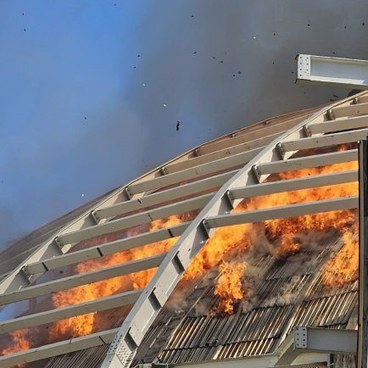
Fire Incident
Between 30 and 40 minutes passed from the outbreak of the fire until it was fully extinguished.
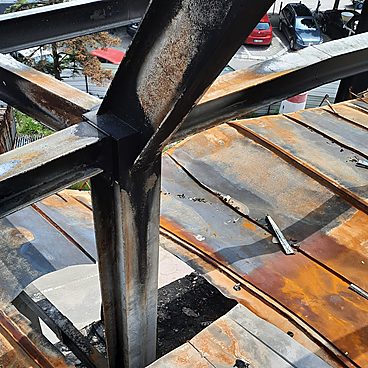
Undamaged elements
Straight elements that appear undeformed by the fire.
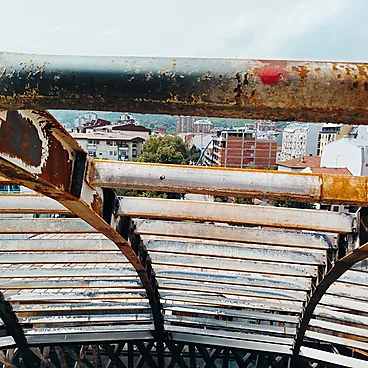
Moderately damaged elements
Elements with visible deformations.
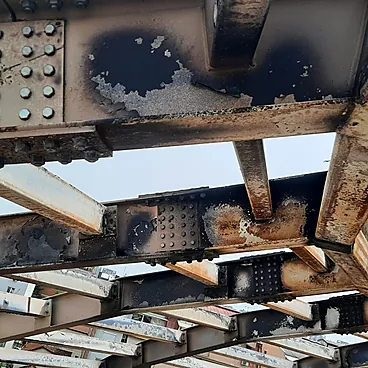
Bolted connection
Fire-damaged connections between the main ribs and the ring.
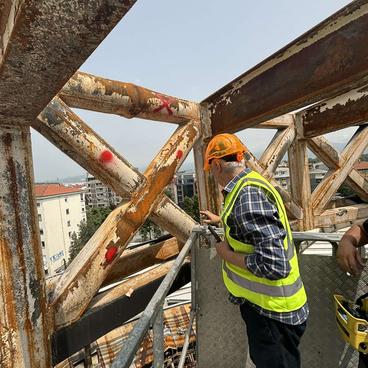
Severely damaged elements
Requiring replacement due to deformation and loss of integrity.
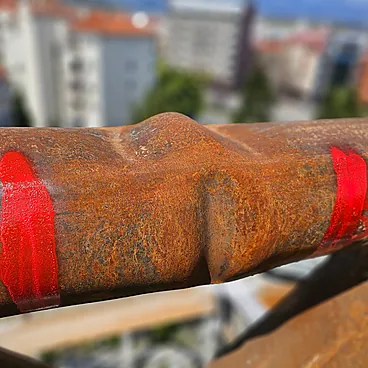
Swollen element
Loss of stability of one horizontal element.
We care about your safety
In addition to our research in earthquake engineering and climate change, we collaborate with industry—conducting design reviews (MPS) and on-site inspections (MSZ-1 and MSZ-2)—through which we fulfill our mission of achieving seismically resilient buildings.Below is an excerpt from our on-site inspections.
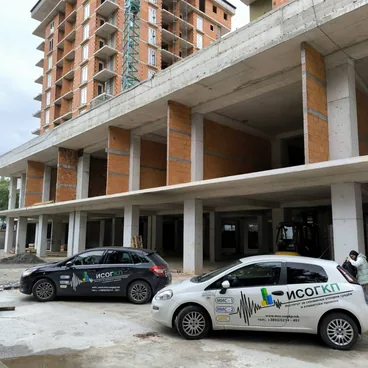
A multi-storey building in Debar
MPS-2 inspection, required for the technical acceptance (final approval) of the building.
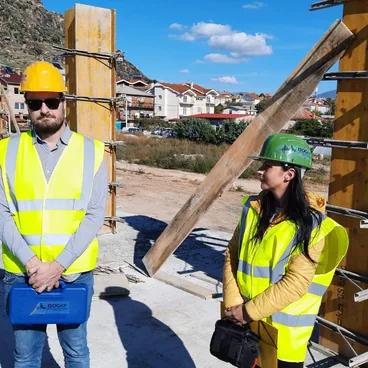
MIS-1
On-site inspection was carried out during the installation of formwork for reinforced concrete columns on the first floor. The process was verified for verticality, alignment, and compliance with the structural drawings.
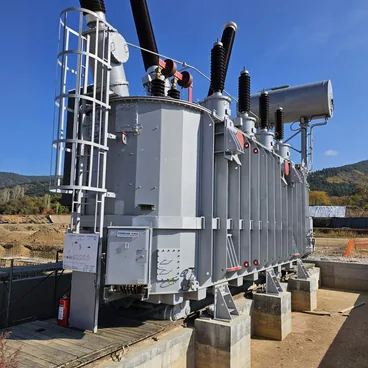
440 kV transformer
Inspection was carried out during the installation of a 440 kV transformer to verify compliance with design specifications, grounding requirements, and structural anchoring.
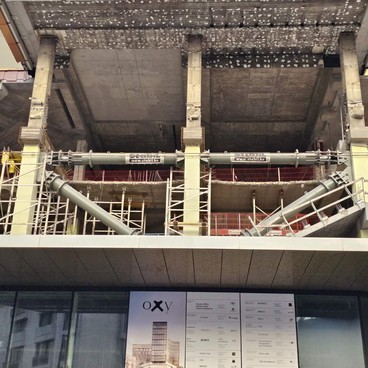
Retrofitting
Strengthening for safety and resilience.
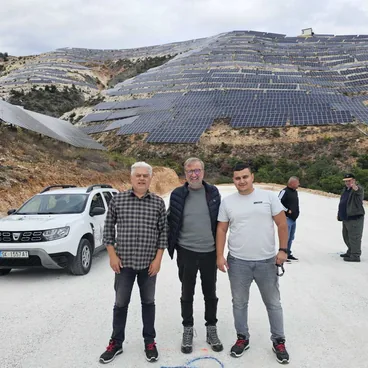
10 MW photovoltaic plant
А sustainable green technology solution, installed on previously uncultivable terrain, turning unusable land into a source of clean energy.
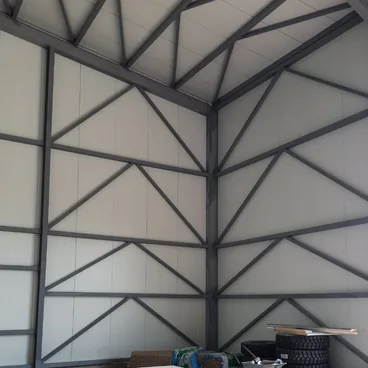
MIS-2
Inspection of the steel hall was carried out to verify compliance with design specifications .
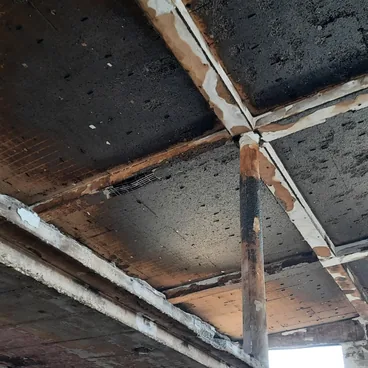
Fire‑damaged warehouse in Tetovo
A reinforced concrete beam showing severe structural damage with full deterioration of the reinforcement.
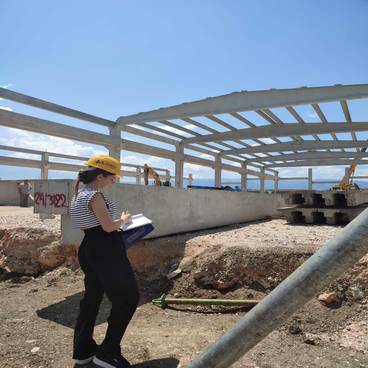
MIS-1 in Kumanovo
Inspection was performed on a prefabricated, prestressed industrial hall to assess compliance with structural design requirements, assembly tolerances, and prestressing quality.
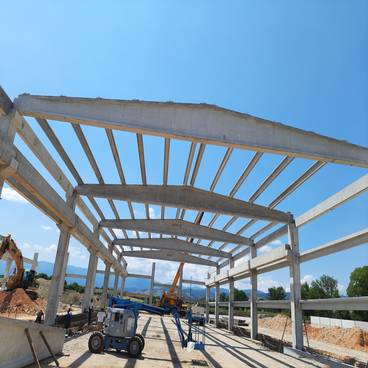
Humanities
The study of ancient and modern languages, philosophy, history, and more.
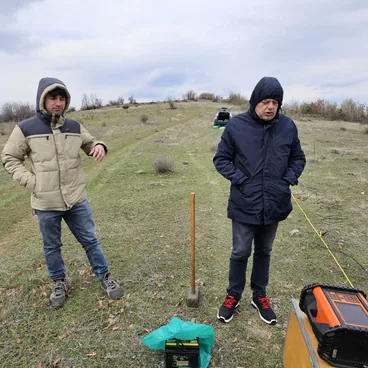
Geophysical measurements
Мeasurements were conducted to assess the subsurface structure and geotechnical site conditions.
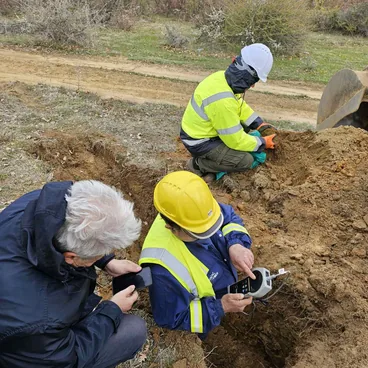
Soil electrical conductivity
Soil resistivity tests were performed as part of the geophysical investigations to ensure adequate electrical grounding and characterize soil layers.
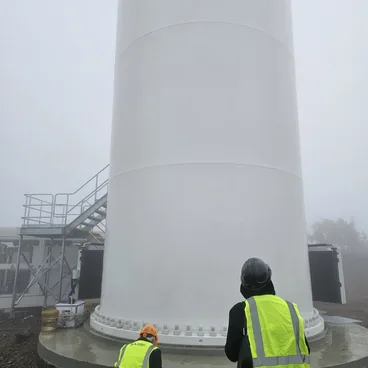
Wind Turbine
MIS-2 inspection of foundation and tower–base interface.
